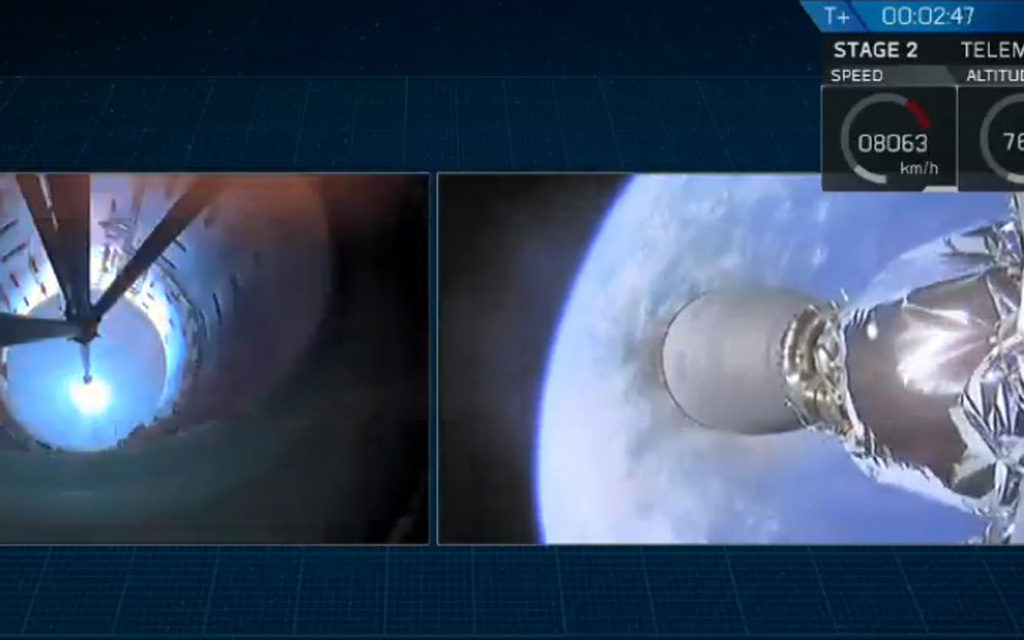In this opinion piece, I examine the veracity of Mirza Fakhrul’s comment as much as it relates to the involvement of the two aforementioned enterprises in Bangladesh’s first geostationary communications satellite, Bangabandhu-1.
There is no question of Beximco or Buyer Media having any ownership and/or control of the Bangabandhu-1, as those lie completely with the newly formed BCSCL, as explained above. Then how did these two names come up? Both these companies offer Direct to Home (DTH) services. DTH refers to the receiving of satellite programs with individual dishes at home. DTH allows consumers to stay directly connected with the broadcaster without the need for wired connectivity.
The Bangabandhu-1 will offer a range of services, a number of which are commercial in nature, including DTH, video distribution, VSAT private networks, broadband, and communications trunks. Both the enterprises referred to above offer DTH services commercially in Bangladesh to individual consumers, having duly received the proper authorization to do so from the Ministry of Information in November 2013. That process, which preceded the satellite launch by more than four years, has nothing to do with the BCSCL, the Bangabandhu-1 satellite, or even the Ministry of Post, Telecommunications and IT.
The conspiracy theorists, BNP leaders and supporters, have intentionally mixed these two unconnected issues to create an impression that the DTH services offered by the satellite will be controlled by the aforementioned two enterprises, which is not true, as the two enterprises themselves do not have licenses from the BCSCL yet to use the Bangabandhu-1 satellite, as the BCSCL has not even started the process to issue licenses.
In reality, broadcast licenses for television channels (and licenses for DTH services) are provided by the Ministry of Information. The frequencies used by the television channels for broadcasting purposes are awarded by the Bangladesh Telecommunications Regulatory Commission (BTRC) under the Ministry of Post, Telecommunications and IT. Lastly, the BCSCL has the sole authority to provide licenses for use of the Bangabandhu-1’s transponders. It should be reiterated that so far, BCSCL has issued no licenses for use of any of the services to be available from Bangabandhu-1, including DTH.
A hypothetical example will perhaps provide more clarity: If in the future, any potential television channel wants to set up business in Bangladesh, first they would need a broadcast license from the Ministry of Information, a frequency from the BTRC, and if they choose to use a transponder of the Bangabandhu-1 satellite, a license from the BCSCL. In no stage of the process, would they need either Beximco or Buyer Media to help them out in any way. The same applies to enterprises willing to enter the DTH market in Bangladesh. At no stage would they need license or permission from any private enterprise.
The Bangabandhu-1 satellite has the potential to open huge commercial and technological opportunities for Bangladesh. Now is the time for all stakeholders, especially the policymakers and influencers, to come together and work towards realizing the fullest potential of this development advancement. The last thing we need is for people with influence to deliberately spread false propaganda to confuse people for petty political gains. So, the next time you hear anything about this satellite from Mirza Fakhrul, be sceptical and do your own research. Chances are that he will be wrong, either because he would be ignorant or would deliberately be lying. Suffice it to say, both are equally bad coming from a man in his position.


